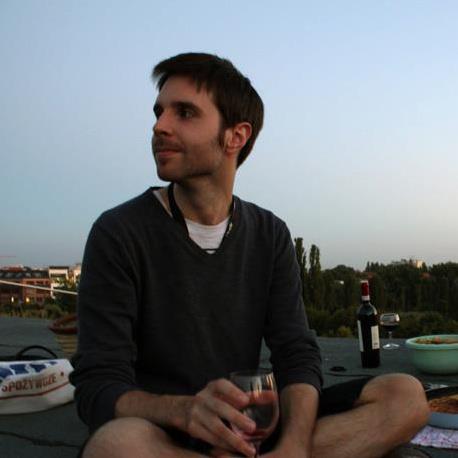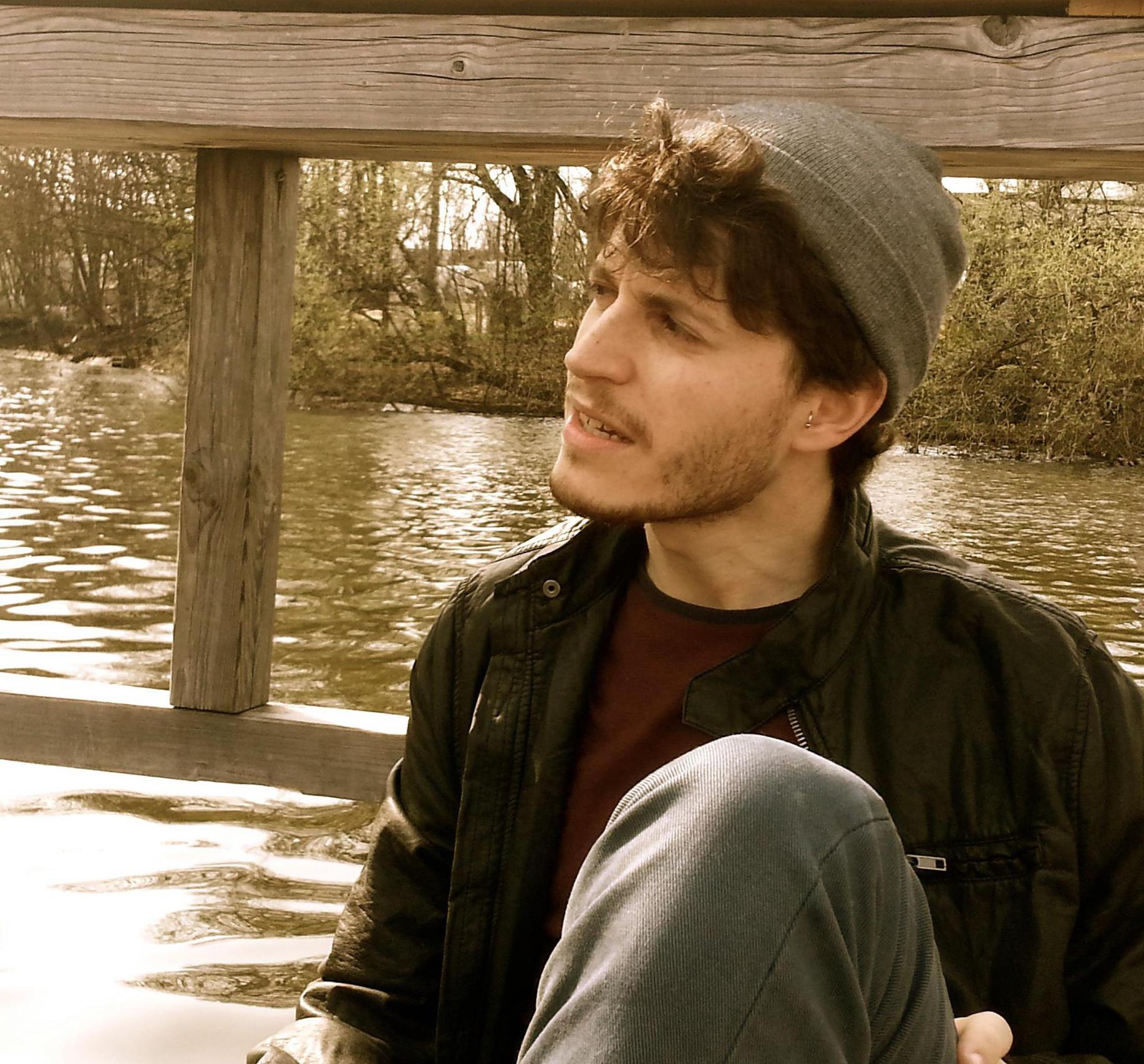In just a year, the number of Spaniards arriving in Germany has doubled; however, only a third of them make it past the first few months of their stay. Amaya, Pedro and Pablo tell us what it’s really like to be a Spanish immigrant in Berlin.
Hi guys! I’ll be arriving in Berlin today, I’m moving here indefinitely and I don’t know anyone, so I would love to go to a meet-up or even just have coffee, since it really sucks to be alone!
This message written by a girl called Marta, was posted during the month of August on a Facebook group called “Spaniards in Berlin”, which is regularly visited by 4000 registered members. Another similar page with the same name has already got more than 14,000 users. On both pages the aim is the same: to give each other a hand so that adjusting to life in Berlin isn’t as difficult. Students, drivers, engineers, artists, the unemployed, nurses… The group’s wall is full of people asking for or offering help to get through the considerable amount of German paperwork or even just to find a cheap electrician.
Furthermore, there are people, like the girl who posted the previous message, who are just asking for company to make the first few days go more smoothly, as these are often the most difficult in a foreign city. There are more of these types of messages than any other. With each passing day, more and more Spaniards are trying their luck abroad. In fact, the number of Spaniards who have moved to Germany in the last year has increased by 50%. In 2011 around 20,000 Spaniards arrived, and in 2012, there were almost 30,000, according to the figures of the German Federal Statistics Office.
Everything leads us to believe that these figures will continue to increase during 2013. For example, Amaya López Ayala has just arrived in Berlin, and has also been on the Facebook group to answer Marta’s message.
Hi Marta! I am the same as you: I arrived on Friday and I am staying here indefinitely. I usually go out every evening for a walk to get to know the city better. Here is my number and you can contact me whenever you like 🙂
24 year old Amaya is an Industrial Designer. “I came here to do a Masters in Product Design, but also to become more cultured, to grow as a person and to absorb everything the city has to offer.” For now, she is planning on staying for at least two years, and “then I will see”. It all depends on the circumstances and how everything turns out. The future is unpredictable, “especially for us in this city.”
She is hoping to find a job relating to her studies. “Everyone comes with this purpose. I know the beginning is always difficult but you have to persevere, and if I don’t find anything that meets my academic needs at first, I’ll work in whatever area I can. You have to start from the bottom and take it one step at a time.”
When asked about whether she had to give up anything when changing country, her answer was clear: “I gave up loads of things! My house, my family, my friends, my partner, my city… But I don’t see it as giving up someone or something, it’s simply an opportunity which presents itself to you, and your friends and family- especially your family- will always be there for you. If I could give you some advice it would be that you need to come here ready to conquer the world. After all, if things don’t go well, you can always go home.”
Only one in three Spaniards manage to stay in Germany
Many arrive, but there are also many who decide to go home. The report ‘International Migration Outlook’ by the Organization for Economic Co-operation and Development (OECD) shows that only one in every three Spaniards who recently arrived in Germany makes it past the first few months.
Pedro Sánchez, a 24 year old doctor, decided to return home after living in Berlin for a year. “My previous experience as an Erasmus student in the country meant that many things didn’t take me by surprise. But although it’s a cliché, I never got used to the really long winters. It was also my first experience in the German workplace and I was surprised by the distant relationships between my work colleagues. This is something that particularly shocks us Spaniards.”
In addition to this obstacle, “what wore me out most of all was how frustrating it was to try to attain fluency in the language.” After a little more than a year in Berlin, I reached the conclusion that I would benefit more from my training as a doctor in my native language. Being far from family and friends also started to become more of a strain, despite what having prepared myself for it. Having said that, I had the opportunity to choose where to work, though unfortunately this isn’t representative of the current disastrous situation in Spain. I suppose that I can consider myself privileged.”
If he could go back in time to meet the ‘pre-Berlin Pedro’, he would advise him to be understanding and patient towards cultural differences. European mobility has really helped in this respect, but the differences will always be there, and you have to be capable of much more patience than your normal surroundings. He’d also tell him not to give up studying or trying to improve his German, no matter how frustrating it can be, and of course, to buy himself a good jacket as soon as he arrives in Germany.
More than half of young Spanish people are unemployed
These difficulties don’t seem to be putting off the Spaniards who continue to arrive in Germany, motivated primarily by the fact that the level of unemployment in Spain is 26.9%. This figure is even worse concerning youth unemployment: According to the most recent figures published by Eurostat, 57.2% of all young Spaniards haven’t got a job.
Pablo López Barbero is 27 years old and a Masters student in Economic Journalism. He belongs to this group of young people without work, and he is currently among the one third of Spaniards who have managed to stay in Germany. He left Spain to improve his working situation and to “fulfil my dream of living in Germany”. It has gone well for him. He arrived in August 2012 and since then, has found a job relating to his studies “and a flat that I am comfortable in.” He isn’t planning to return to Spain because “I like the life that I lead here”, and furthermore, he doesn’t believe that he can return without taking a step downwards on the career ladder.
The key to his success comes from the fact that he had already a good command of the German language before arriving and he knew the country, since he had previously benefited from an Erasmus grant. From his point of view, many Spaniards land with a less than realistic idea of Germany. “Many of them don’t know that there is also insecurity here, and what that’s like…” The majority of Spaniards who he knows in Berlin are happy in the country, “but none of them are thinking about staying in Germany long-term. I think that they are content with what they have, but in some way, they haven’t got what they were expecting. The good thing about being in a foreign country is that there are other things which make up for this, like learning a language or getting to know another culture. In Spain, these people would just be getting frustrated.”
Marta’s message in the group “Spaniards in Berlin” has had 55 responses in just 24 hours, organising outings, exchanging numbers and wishing good luck to those who have recently arrived. A third of them will stay. The rest will have to return home after a few months. “This place is not paradise,” Pedro emphasises. “You shouldn’t have unrealistic expectations. Nevertheless, the experiences you gain from being abroad are priceless, and Germany is a great country to learn in.”
[crp]







Recent Comments